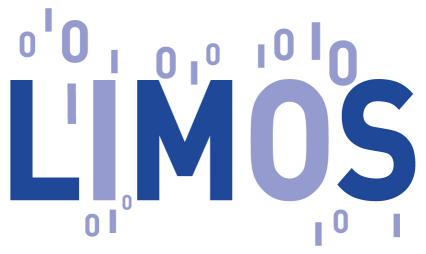CODIC
Responsable LIMOS : BENDALI AMOR FatihaDébut du projet : 11 janvier 2024 - Fin du projet : 1 janvier 2029
Projet piloté par le LIMOS
La surveillance automatisée de terrains agricoles utilise de plus en plus de capteurs sans fil souterrains communicants, chargés de relever des variables locales comme la température, l'hydrométrie ou la présence de certains éléments chimiques. Ces appareils électroniques de détection sont enterrés à différentes profondeurs pour les préserver de la destruction par des engins motorisés ou les passages d'animaux. Cela induit des caractéristiques d'émission de signaux très variées et de courtes portées de communication. L’originalité du projet est d’effectuer la tâche de collecte des données grâce à un drone dont la mission est de parcourir les zones où les transmissions avec les capteurs sont possibles. La détermination d'un ordre de ramassage entre ces zones doit tenir compte des distances parcourues et de l'énergie totale consommée par le drone.
Ce thème se place naturellement dans le cadre de l'optimisation combinatoire où de nombreuses variations du problème classique du voyageur de commerce ont été étudiées . Les incertitudes sur la position des noeuds capteurs nous amènent à étudier le problème du voyageur de commerce avec voisinage (close enough traveling salesman problem ) en tenant compte des obstacles (arbres, poteaux .. ) que doit éviter le drone lors de sa tournée.
La mise en place des diverses solutions algorithmiques sera évaluée dans le contexte de la relève de données effectuée dans des zones agricoles tests gérées par l’INRAE (site de Montoldre, 03).
Le projet Codic bénéficie du soutien du Centre International de Recherche "Systèmes Innovants pour les Transports et la Production" de l'I-SITE CAP 20-25. Il s'appuie sur une collaboration entre le laboratoire LIMOS, l'unité de recherche TSCF de l'INRAE et l'Institut de recherches Mathématiques de l'université de La Laguna (IMAULL) à Ténérife (Espagne).
Organismes partenaires :
| INRAE | IMAULL |
Financeur : CAP 20 25
